 |
 |
 |
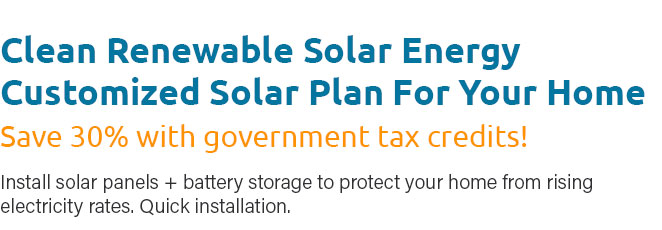 |
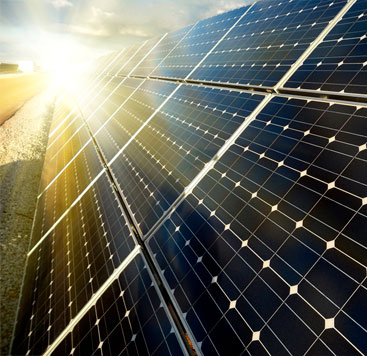 |
 |
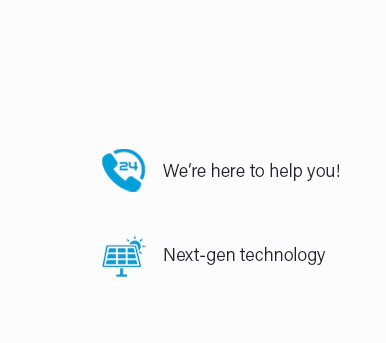 |
 |
 |
 |
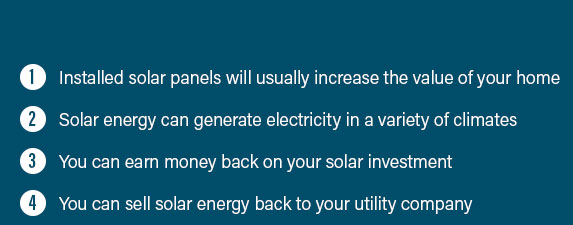 |
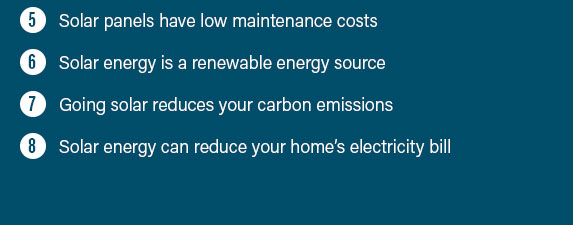 |
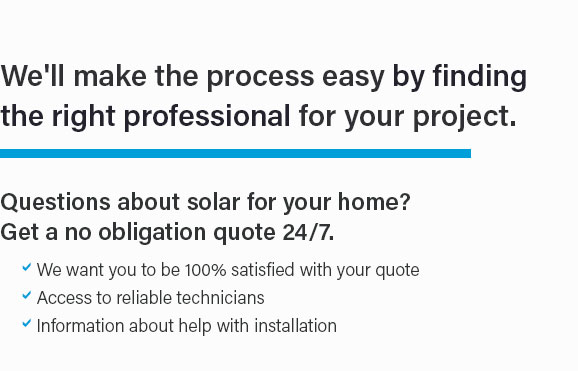 |
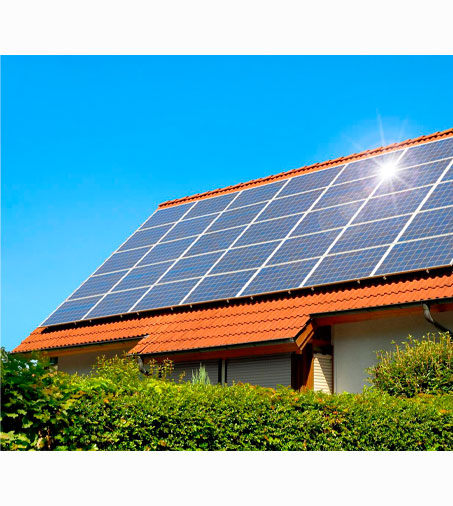 |
|
 |
 |
 |
|
Unlock the power of the sun and transform your energy future with our unbeatable solar panels installation quote-experience unparalleled transparency and value as we break down the true cost to install solar panels, ensuring you not only invest in clean, renewable energy but also in significant long-term savings; this isn’t just an upgrade, it’s a revolution in how you power your world-choose confidence, choose innovation, choose a brighter tomorrow.
https://www.energysage.com/local-data/solar-panel-cost/tx/harris-county/houston/
As of January 2025, the average solar panel system costs $2.05/W including installation in Houston, TX. For a 5 kW installation, this comes out to about ... https://www.fixr.com/costs/solar-panel-installation-texas
Your total costs vary depending on the system size and type. The average cost to install solar panels in Texas is $14,280 to $18,840. How much ... https://www.bluettipower.com/blogs/articles/how-much-do-solar-panels-cost-in-houston?srsltid=AfmBOooAgKW-0a_ZxELxijuGYkY-T9K-CeZq_XAm6zpGKwykgyEu4mUo
Their residential solar panel installation cost starts at $9,000, and their commercial packages start at $20,000. They also offer excellent rebate programs and ...
|